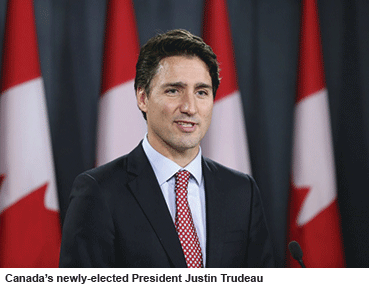 Six months ago, one of Canada’s leading neuroscientists, Robert Brownstone, announced his resignation as director of research in neurosurgery at Dalhousie University, Nova Scotia, citing the Canadian government’s “worrisome” cuts to science funding and its shift towards applied research.
Six months ago, one of Canada’s leading neuroscientists, Robert Brownstone, announced his resignation as director of research in neurosurgery at Dalhousie University, Nova Scotia, citing the Canadian government’s “worrisome” cuts to science funding and its shift towards applied research.
Three months into his new post as chair of neurosurgery at University College London (UCL), Brownstone is keen to point out that he also was “pulled” out of Canada by UCL’s “huge strength in neuroscience”. But he reiterates his relief at being able to leave behind “some of the depressing things that were happening” under Canada’s recently departed Conservative government, led by Stephen Harper. “The previous government was not particularly interested in knowledge,” Brownstone says. “They would use policy to make knowledge rather than use knowledge to make policy. That was their attitude. What worried me was not so much (how it might impact on) anyone at my stage in their career, but how it would affect the young generation, who would be discouraged from pursuing a life in research.”
Brownstone’s views were widely shared by Canadian scientists. Indeed, such was the scale of their discontent that science policy even became an issue in the campaign leading up to last October’s federal election. And the Liberal Party of Canada’s pledges to redress the situation are considered to be one factor in its landslide victory, in which it won 184 seats, against the Conservatives’ 99.
Many scientists in Canada are immensely relieved that the Harper era is over. A common bone of contention was the Harper government’s emphasis on commercialisation of research. According to Jim Woodgett, director of research at the Lunenfeld-Tanenbaum Research Institute at Toronto’s Mount Sinai Hospital (which is affiliated to the University of Toronto), that aspiration was “clearly being enacted in terms of the types of funding programmes they wanted, the creation of a number of commercialisation centres and (the placing of) a lot more emphasis on research that would lead to product development. It was all really at the expense of a lot of basic science.”
Another gripe was the funding cuts of nearly 8 percent imposed on Canada’s three research councils, known collectively as the Tri-Council Agencies, between 2007 (the year after the Conservatives came to power) and 2016. And, perhaps most prominently, critics railed against what Woodgett calls the Conservatives’ “command and control” mentality, which required government scientists to apply for permission before speaking to the press. “Even the (science) ministers’ opinions were not particularly well respected by the prime minister’s office,” Woodgett claims.
In July 2012, this “toxic broth” led to a protest on the streets of Ottawa against the government’s alleged anti-science agenda. Dressed in white lab coats and holding placards reading “no science, no evidence, no truth, no democracy”, the protesters held a mock funeral on Parliament Hill to mourn the “death of evidence” in government.
On November 4, his first day as prime minister, Justin Trudeau restored the minister of science to a cabinet-level position and gave the job to Kirsty Duncan, adjunct professor of medical geography at the University of Toronto. Her “overarching goal”, she says, “will be to support scientific research and the integration of scientific considerations in our investment and policy choices”.
(Excerpted and adapted from )